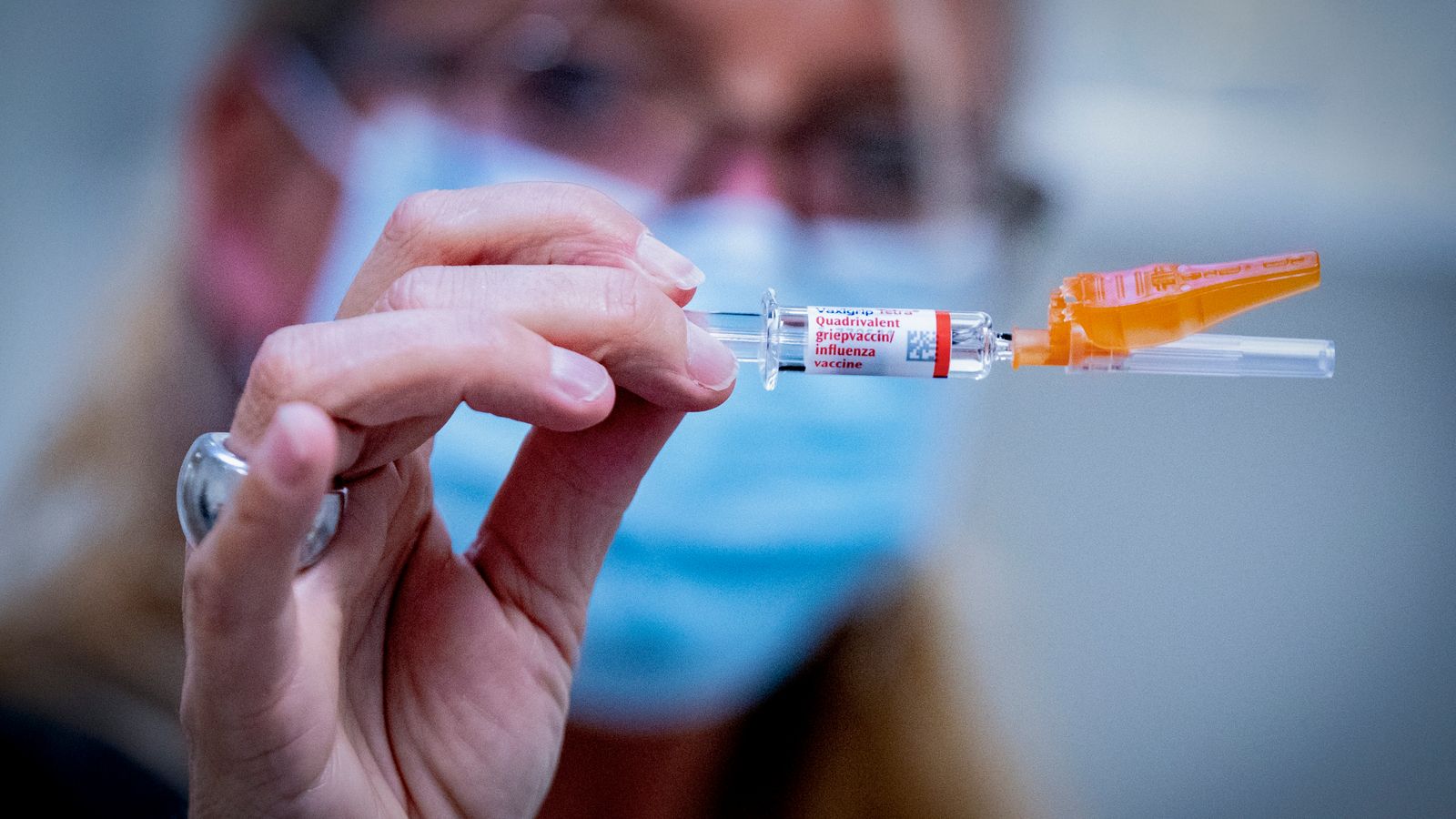According to a recent WHO report, the coronavirus pandemic disrupted efforts to control malaria, leading to an additional 63,000 deaths and 13 million infections globally over a two-year period.
The report, which was released this Thursday, also notes that the number of cases of the disease increased in 2020 and did so again in 2021, albeit more slowly.
“We estimate that the COVID 19 pandemic’s disruptions contributed to an additional 63,000 deaths and 13 million cases over the course of the two years it lasted. These disruptions were caused by pressure on national economies, disruptions of essential malaria services, and a number of other disruptions.
The pandemic’s disruptions continue to put malaria control at risk… But it’s crucial to note that global progress against malaria had already stalled before the pandemic, according to Dr. Abdisalan Noor, WHO’s Head of GMP’s Strategic Information for Response Unit.
A new species of invasive mosquito that is resistant to many pesticides is one of the challenges, but funding is still the biggest obstacle.
We do draw attention to the problems with antimalarial resistance, with its emergence in the African continent, the spread of the Anopheles stephensi mosquito as a new vector, and problems with our diagnostic equipment being of particular concern. So these are the areas where we need further investments, both in research and development, as well as further investment in putting in more expensive diagnostic tools,” Therefore, Dr. Abdisalan Noor concluded, “These are the areas where we need additional investments, both in research and development and additional investments in implementing more costly interventions.
Malaria continues to be most prevalent in Africa.
The UN estimates that 247 million infections and 619,000 deaths from malaria occurred last year. 95 percent of these incidents happened in Africa.








